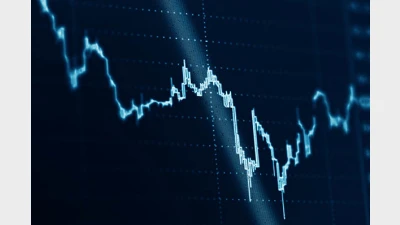Investor confidence down in December


State Street’s Investor Confidence Index (ICI) saw a significant drop of 25.9 points to 85.6 in December as it experienced double digit decreases across all major geographies, with the European ICI recording the highest fall of 27.8 points.
At the same time, the North American ICI fell 14 points to 96.4 and Asian ICI followed with a drop of 12.4 points, according to State Street’s monthly global ICI reading.
According to State Street’s senior macro strategist, Marvin Loh, the global ICI registered its largest monthly decline in the history.
“The sudden emergence of Omicron and the hawkish pivot from the Fed drove some of most volatile swings in the equity markets all year. Sentiment in Europe was the weakest, with many EU countries again implementing travel and mobility restrictions, while North America registered its seventh biggest monthly decline,” he said.
“Despite weakening sentiment, other equity indices are ending the year near their all-time highs, as recent signs emerge that Omicron is less virulent than previous variants. Positive investor sentiment will nonetheless be challenged by tightening financial conditions, high inflation and fiscal headwinds as we start 2022.”
The ICI measured investor confidence or risk appetite quantitatively by analysing the actual buying and selling patterns of institutional investors, with a reading of 100 being neutral and indicating the level at which investors were neither increasing nor decreasing their long-term allocations to risky assets.
Recommended for you
As market volatility persists, some super funds are pivoting defensively, while others are strategically positioning to capitalise on emerging opportunities.
New data has shown a progressive deterioration in risk appetite among instos even prior to Donald Trump’s latest round of tariffs.
UniSuper has reached “peak investment” in US assets and is now preparing to reassess its exposures amid ongoing sharemarket volatility.
Investors have slashed their US equity allocations to the lowest level on record, according to new data from Bank of America.












